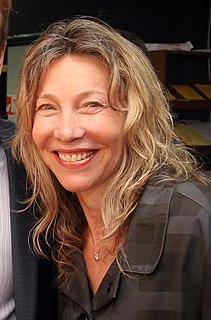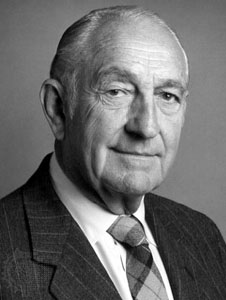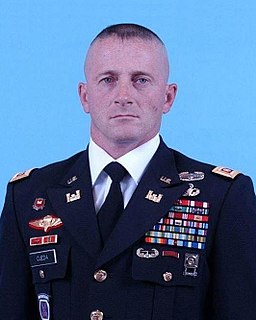A Quote by Linda McQuaig
The free market is notorious for distributing resources in a highly unequal manner, with great concentrations of wealth at the top and poverty at the bottom. Our social programs, modest compared to those of many other Western countries, play an important role in redistributing some of those resources from the haves to the have-nots.
Related Quotes
In progressive societies the concentration[of wealth] may reach a point where the strength of number in the many poor rivals the strength of ability in the few rich; then the unstable equilibrium generates a critical situation, which history has diversely met by legislation redistributing wealth or by revolution distributing poverty.
This is not to say that the government should confiscate from the "haves" and bestow upon the "have-nots", beyond the requirements of a compassionate welfare program to provide for those who cannot provide for themselves. Far from it. But it is to say that our duty is to foster a strong, vibrant wealth-producing economy which operates in such a way that new additions to wealth accrue to those who presently have little or no ownership stake in their country.
Some people say that the West has a cruel history. These people also may see the achievements of Western countries - in terms of the economy, education, health, and social achievements - as a result of exploitation of poorer countries, including Arab countries. Western nations get rich by using resources such as Arab oil. Meanwhile, the countries supplying them raw materials remain poor. Due to such injustices, jealousies are created.
People, materials, facilities, money, and time are the resources available to us for conducting our business. By applying our skills, we turn these resources into useful products and services. If we do a good job, customers pay us more for our products than the sum of our costs in producing and distributing them. This difference, our profit, represents the value we add to the resources we utilize.
At the beginning of this marvelous era it was natural to expect, and it was expected, that laborsaving inventions would lighten the toil and improve the condition of the laborer; that the enormous increase in the power of producing wealth would make real poverty a thing of the past... From Progress and Poverty, To those who, seeing the vice and misery that spring from the unequal distribution of wealth and privilege, feel the possibility of a higher social state and would strive for its attainment.
Those organisations, al-Qaeda being the first one, have all settled in areas full of mining and oil resources or in geostrategic zones. They settled in Afghanistan which underground is filled with oil and lithium. North Mali is filled with mining resources (uranium). It is essential to question the impact and role of some international players that create or let those organisations settle there.
What are the prospects for an Arab state serving a leading role comparable to the role that other states place in other regions? There is no obvious candidate. Saudi Arabia has the money but a relatively small population. Iraq was a great potential leader, as a sizable country with great oil resources and a highly educated population, but it went off in the wrong direction.

































